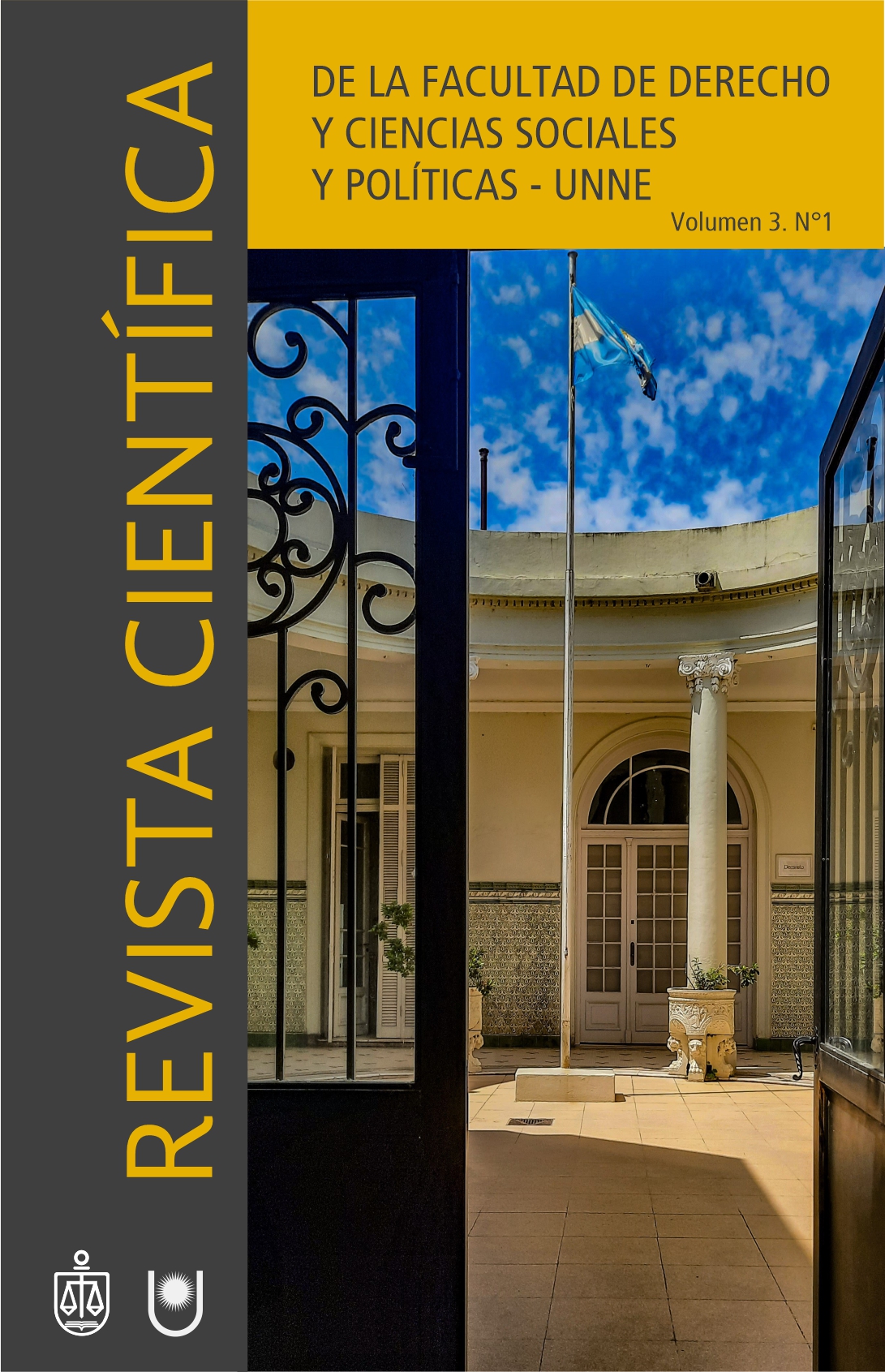La videovigilancia masiva con perfilación criminal en tiempo real mediante algoritmos de inteligencia artificial como herramienta para determinar la “peligrosidad” en función a las tendencias ultra punitivistas en el derecho penal
DOI :
https://doi.org/10.30972/rcd.317378Mots-clés :
inteligencia artificial, punitivismo, política criminal, peligrosidadRésumé
A la luz del advenimiento de las tecnologías de inteligencia artificial aplicadas a la videovigilancia masiva, se analiza el caso de su despliegue durante la coronación del rey Carlos III de Inglaterra, en función a la detección de un adelantamiento de barreras punitivas que resulta opresivo, como se evidencia por la ola de 52 arrestos contra detractores de la corona británica, cuyos actos de protesta fueron criminalizados durante la puesta en funcionamiento de dicha tecnología. Es menester de la presente disquisición, presentar la postura de que el uso de la videovigilancia masiva con perfilación criminal por medio de inteligencia artificial, se está orientando a reforzar la dominancia del ultra unitivismo en la política criminal, siendo que su utilización está, casi siempre, marcada por el atropello a los derechos fundamentales, con el objetivo de ejercer el ius puniendi de forma inmoderada y de determinar la “peligrosidad” de los individuos de manera arbitraria, sirviéndose de criterios altamente politizados y antojadizos que rozan la persecución. Como conclusión, se señala la necesidad de reivindicar los derechos fundamentales como baremo para el adecuado uso de las nuevas tecnologías como herramientas para la obtención de la “seguridad ciudadana”.
Références
Jakobs, G. y Cancio Meliá, M. (2003). Derecho penal del enemigo. Editorial Thomson civitas.
Valls Prieto, J. (2017). Problemas jurídicos penales asociados a las nuevas técnicas de prevención y persecución del crimen mediante inteligencia artificial. Editorial Dykinson.
Alonso Rimo, A., Blasco Díaz, J., Fernández Hernández, A., Paredes Castañón, J., Portilla Contreras, G., Presno Linera, M., & Quintero Olivares, G. (2016). Protección jurídica del orden pública, la paz pública y la seguridad ciudadana. Editorial Tirant lo blanch, Valencia.
Baigún, D. (2007). Los delitos de peligro y la prueba del dolo. Editorial IB de F.
Pratt Fairchild, H. (2006). Diccionario de sociología. Fondo de cultura económica.
Hurtado Pozo, J. (2016). El Sistema de control penal. Editorial Instituto Pacífico.
Peña Cabrera Freyre, A. (2018). Derecho penal parte especial, tomo IV. Editorial IDEMSA.
Geschwindt, S. (2023, 9 de mayo). Controversial AI tech deployed at King’s coronation. The Next Wave. https://thenextweb.com/news/kings-coronationcontroversial-ai-tech-deployed-alongsiderecord-setting-5g-network
Dodd, V. (2023, 3 de mayo). Police accused over use of facial recognition at King Charles’s coronation. The Guardian. https://www.theguardian.com/uknews/2023/may/03/metropolitan-policelive-facial-recognition-in-crowds-at-kingcharles-coronation
Russon, M. (2023, 4 de mayo). Facial recognition: How does the tech being used
to police the King’s Coronation work? The Standard. https://www.standard.co.uk/
news/tech/facial-recognition-technologycoronation-met-police-privacy-artificialintelligence-b1078801.html
Kennedy, N., Edwards, C., Isaac, L. & Goodwin, A. (2023, 6 de mayo). ‘Something out of a police state’: Antimonarchy protesters arrested ahead of King Charles’ coronation. CNN. https://edition.cnn.com/2023/05/06/uk/kingcharles-anti-monarchy-protest-arrestsckc-
gbr-intl/index.html
London Assembly. (2023, 22 de junio). Facial Recognition Technology at the Coronation. Mayor of London. Recuperado el 17 de diciembre de 2023, de: https://www.london.gov.uk/whowe-are/what-london-assembly-does/
questions-mayor/find-an-answer/facialrecognition-technology-coronation
Téléchargements
Publiée
Versions
- 2024-04-11 (2)
- 2024-03-15 (1)
Comment citer
Numéro
Rubrique
Licence

Ce travail est disponible sous licence Creative Commons Attribution - Pas d’Utilisation Commerciale 4.0 International.







52.jpg)






